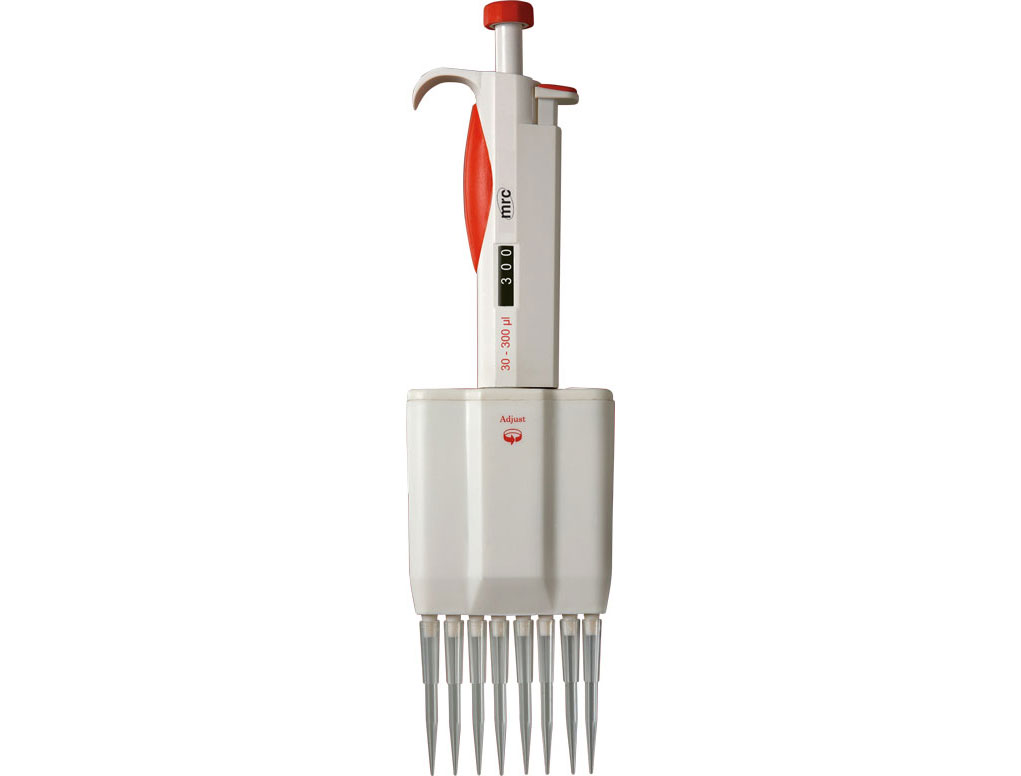Digital pipettes have revolutionized the way laboratory professionals handle liquid volumes with precision and efficiency. These advanced tools offer numerous benefits over traditional pipetting methods, making them indispensable in various scientific disciplines.
Digital pipettes are sophisticated instruments designed to accurately measure and transfer liquid volumes in microliter or milliliter ranges. Unlike traditional pipettes, which rely on manual operation, digital pipettes utilize electronic mechanisms to precisely control volume dispensing. This technology enables researchers and laboratory technicians to perform complex liquid handling tasks with ease and consistency.
The principle of operation of Pipettes
Laboratory Digital pipettes function by aspirating liquid into a disposable tip attached to the pipette nozzle. The microprocessor then controls the piston movement to dispense the desired volume.
How Digital Pipettes Work
Digital pipettes function by aspirating liquid into a disposable tip attached to the pipette nozzle. The microprocessor then controls the piston movement to dispense the desired volume.
Components
They consist of essential components such as a display screen, volume adjustment buttons, ejector mechanism, and rechargeable battery.
benefits
Offer several advantages over traditional pipetting methods, making them indispensable tools in modern laboratories.
Precision and Accuracy
They provide unparalleled precision and accuracy in liquid handling, ensuring reproducible results across experiments.
Ease of Use
With intuitive interfaces and ergonomic designs, digital pipettes are easy to operate, reducing the risk of user error and fatigue during long pipetting sessions.
Versatility
Digital pipettes are versatile instruments capable of accommodating a wide range of applications, from basic laboratory protocols to complex molecular assays.
Applications
Digital pipettes find extensive applications across various scientific disciplines, including molecular biology, biochemistry, pharmaceuticals, and clinical diagnostics.
Molecular Biology
In molecular biology, digital pipettes are used for DNA amplification, PCR setup, and nucleic acid quantification with high precision and reproducibility.
Biochemistry
Researchers rely on digital pipettes for protein assays, enzyme kinetics, and other biochemical analyses requiring accurate liquid handling.
Pharmaceutical
In drug discovery and development, they are used in compound screening, formulation, and quality control processes.
Clinical Diagnostics
Clinical laboratories utilize digital pipettes for sample preparation, immunoassays, and molecular diagnostics to diagnose diseases and monitor patient health.
